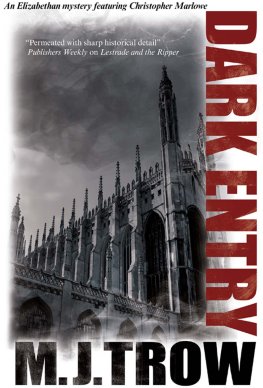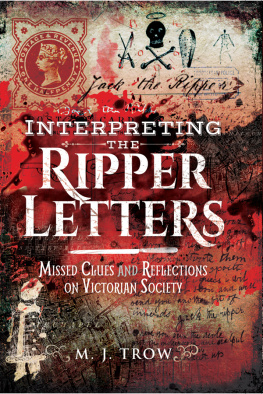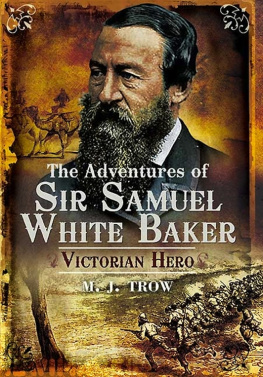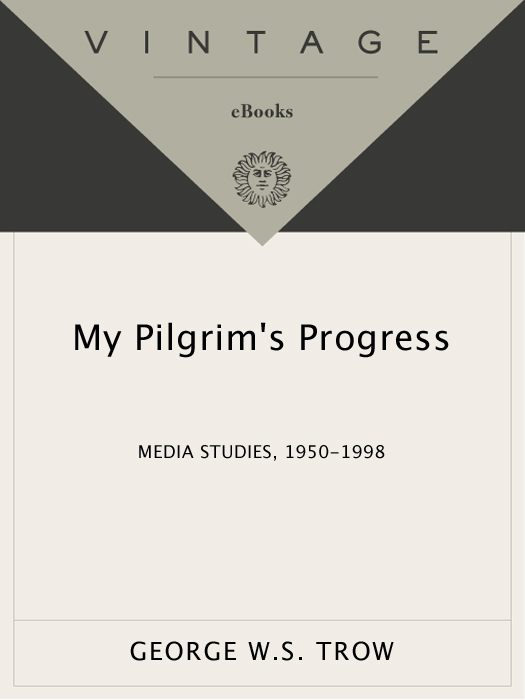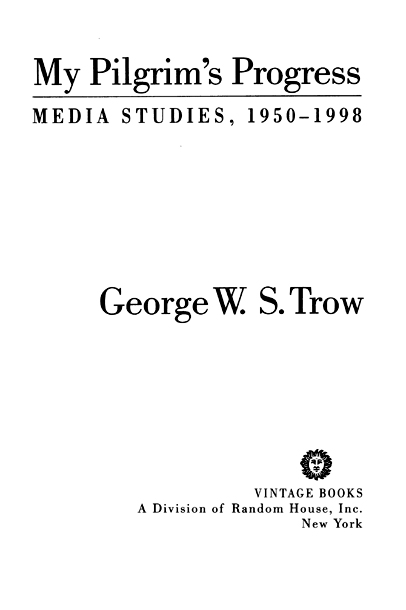Acclaim forGEORGE W. S. TROWs
My Pilgrims Progress
Original, provocative and possibly prophetic . There is something interesting on every page and something brilliant on many of them.
International Herald Tribune
As we read along with him we begin to get our cultures larger picture in ways that had not occurred to us (at least not consciously) before dipping into the crannies of George W. S. Trows subtle, marvelously discriminating mind.
The Miami Herald
[A] very remarkable book . An admirable blend of intelligence, perception, independence and deep caring.
The News & Observer
Uniquely contentious, full of elastic cultural analogies and beautiful prose, Trows book is a true original.
Publishers Weekly
GEORGE W. S. TROW
My Pilgrims Progress
George W. S. Trow was born in New York in 1943. He attended Exeter and Harvard, where he was a founding editor of the National Lampoon, and was a New Yorker staff writer from 1966 to 1994. In addition to his highly regarded work of cultural criticism, Within the Context of No Context, he is the author of a collection of essays, a novel, and many plays and screenplays. He lives in Columbia County, New York, and in Texas.
Also by George W. S. Trow
The City in the Mist
Within the Context of No Context
Bullies
Copyright 1999 by George W. S. Trow
All rights reserved under International and Pan-American Copyright Conventions. Published in the United States by Vintage Books, a division of Random House, Inc., New York, and simultaneously in Canada by Random House of Canada Limited, Toronto. Originally published in hardcover in the United States by Pantheon Books, a division of Random House, Inc., New York, in 1998.
Vintage and colophon are registered trademarks of Random House, Inc.
Grateful acknowledgment is made to the following for permission to reprint previously published material:
Ayer Company Publishers, Inc.: Excerpts from Adventures of a White Collar Man by Alfred Sloan (Ayer Company Publishers, North Stratford, NH, 1941). Reprinted by permission of Ayer Company Publishers, Inc., North Stratford, NH 03950. Doubleday: Excerpts from Mandate for Change by Dwight David Eisenhower. Copyright 1963 by Dwight David Eisenhower. Reprinted by permission of Doubleday, a division of Random House, Inc.
The Library of Congress has cataloged the Pantheon edition as follows:
Trow, George W. S.
My pilgrims progress: media studies, 19501998 / George W. S. Trow
p. cm.
eISBN: 978-0-307-76698-4
1. Mass mediaUnited StatesHistory20th century. I. Title.
P92.U5Y74 1999
302.23097309045dc21 98-5967
www.vintagebooks.com
v3.1
Acknowledgments
Acknowledgments one, two, three, four, and five go to Bob Gottlieb (acknowledgment number one is for ten years of guidance and conversation; acknowledgment two is for editorial work on this book; three, four, and five are for various reasons, as Lynn Nesbit has taught me to say).
Thank you to: Catherine Cloud; Rudy Wurlitzer and Lynn Davis; Rory Nugent and Elizabeth McFadden; Donald Rosenfeld; Lynn Nesbit and Dan Frank; Winty Aldrich, Sybil Baldwin; Bob and Bo Bo Devens; Ann Mcintosh; Honor Moore. And I am remembering, very fondly, Alvin Davis of the old New York Post.
CONTENTS
A LONG INTRODUCTION
Prelude and Dedication
Why 1950?
Naturally, a moment matters. Was New York interesting in 1865? Of course it was. The city of Astor, Vanderbilt, and Washington Irving, say. In some ways New York was never more powerful than thenI mean in terms of the dynamism and language intelligence. And on February 1, 1929? You bet. The rock-and-roll financial life of that moment, the booze and Broadway. To a large extent, wethat is, Americans on the face of the earth at this momenthave been working our way back to that legendary electricity ever since. What of media life? Was it more intelligent in 1865 than in 1950? Well, yes. Was media life more frenetic, more charged with energy, on February 1, 1929, than it was twenty-one years later? Well, yes it was. However, the momentI mean the world momentwas different. In 1950, America was about to be at the height of her power. An interesting moment: Victoria assumes the throne, in a way; Napoleon about to dismember the Holy Roman Empire, in a way. We were about to have our most pervasive influence. And another thing: our microphone (and Marconi to the contrary notwithstanding, we Americans invented the microphone) was about to become our camera.
Why Me to Tell You?
There is a simple fact about media life that people often ignore. Media life takes place moment by moment, just like any life. Ask anyone trying to function in Hollywood now, for instance. Someone with a comic gift. Just try to avoid the aesthetic of the sitcom, for instance; just try. The sitcom is fact, just as Napoleon was fact in 1804. Before you can rise above David Letterman now, or Jerry Bruckheimer, say, you have to get to be like David Letterman or Jerry Bruckheimer. Your capacity for self-expression will have made its mark within a construct that has been ruled by certain still live and kicking social energies.
In 1950 the social life of New York City was the fact within which television was developed. Broadway, on the one hand, and Madison Avenue on the other; and yes, with a backdraft of Park and Fifth. Throw in Greenwich Village and you have the real world within which any struggling avatar interested in television had to function. I mean, you dont get the MTV-influenced Coke commercials until you have MTV itself, if you get my drift.
I happen to know a great deal about that world. Youll have to trust me on that one.

And of course, as of February 1, 1950 (datum for this book), there had been and still was this other thingour victory in World War II. It was that fact that had changed our cultural relationship to the rest of the world. We like to think that it is because we are so fascinating as a people that we areor have beenso successful, but the core of our fascination has been the fact of our Total Sweep in World War II. If Britain had been the factual victor, we would have BBCed our way into the media age; if Hitler had wonsomething else. They didnt; we did; and so we New YorkTelevisioned our way into the media age (and we call it the golden age of television nownot exactly Cicero, but its what we have). And, as I say, New York television began somewherein New York City, which had been moving along, moment by moment, like any other place.
I Still Like Ike
The other day I had a thought, and then after I had the thought, I thought, Well, this cant possibly be true, and then I thought about it some more, and it was. True, that is. And my thought was, Well, the president of the United States and the secretary of state, Mr. Clinton and Ms. Albright, dont have any idea of the power base of Dwight Eisenhowerwhat it was, socially. Well, you might say, what does that matter? My answer to that comes in two parts: one, its never happened before, not exactly; and two, wasnt it something, that Eisenhower power base, the ease of it? To put these ideas together, Ill take you back to Andrew Jackson, because a Jacksonian Democrat at this point in my argument will object: So why should a president for the people give a hoot about the configuration of the power base of another president? and so forth. Well, it may or may not have been true that Andrew Jackson didnt give a hoot about Virginia planters, or Boston Brahmins, but he knew who they were, and they were around in plenty, to study, in case he felt he needed an update. The remarkable thing about President Clintons and Ms. Albrights position in regard to Ikes power base isthey dont happen to know about it, and if they wanted to find out, theres really no way they could do it. Its all gone. Ikes power base came in two parts. On top was the Military-Industrial Rolodex, and it was an inert thing; inert, but vastly powerful. The thing under itlets call it the Country Club Life of the 1920sthe thing it sat on, was, in a way, alive and kicking, and certainly had been very alive and kicking.


